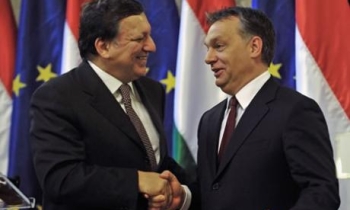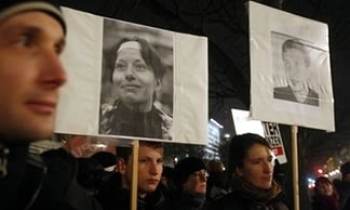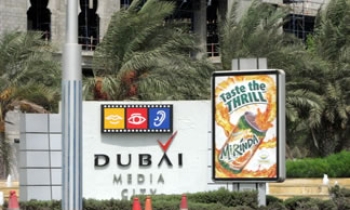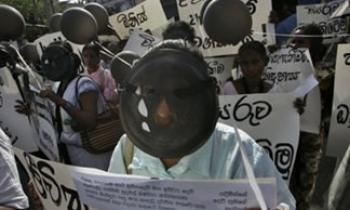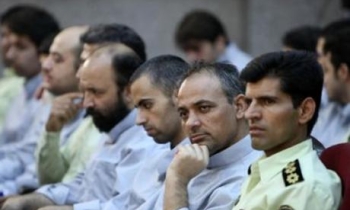KUWAIT: Today the world celebrates the greatest freedoms of all -- the freedom of expression and the freedom of the press. This year, World Press Freedom Day is dedicated to the theme "Media and Good Governance." In a survey conducted on the occasion of the day, this reporter talked to citizens and expats on their assessment of Kuwait's press freedoms. For Michelle, 36, from the Philippines, Kuwait enjoys reasonable press freedom compared to Dubai, where she resided prior to moving to this country almost two years ago. Unwilling to provide a concrete example, Michelle explained that there were topics considered taboo by the press in Dubai -- a rare occurrence, she says, in the local press.
"Or at least I did not read anything about such controversial topics," she added. Emphasizing on the topic of Kuwait's press freedom, she exclaimed, "Just see the reports that people put in print." She also dwelled on the reports that are mostly considered indicative for the press freedoms in any given country.
"(In newspapers) there are reports about corruption, criticism of the government and human rights in general," she said predicting that the press freedom in Kuwait is, "definitely in the right direction."
Noor Al-Matrook, 27, considers the local media objective. "The press can write about anything and express their opinion objectively." A social worker in a high school in Kuwait, Al-Matrook said she was interviewed by various newspapers who always interpreted her words in a fair manner. Amir Hawa is of the same opinion. He was quick to conclude that, "the media in Kuwait is free." Having moved to the country in the past couple of months he said that he reads newspapers only to go through the advertisements offering accommodation as he is still in the process of looking for a flat. "But in general I think the press in Kuwait is free. Journalists write about corruption, criticize freely etc," he said.
Independent, free and pluralistic media, the pillar to any democracy, has a crucial role to play in the good governance of democratic societies, by providing transparency and accountability, promoting the rule of law and contributing to the fight against poverty, UNESCO says. Thus, the correlation between media freedom and the eradication of poverty was the main theme of last year's 'World Press Freedom Day' in which some respondents said they did not feel much was achieved within the span of the year.
Criticism came firstly from a twenty-something expat who was shopping midday on Monday. Vividly annoyed to be spotted spending leisure time outside during office hours and unwilling to provide his name, the male expat said that all the initiatives, which the famous celebrities took part in the past two years went, "unheard."
"The media did their part but apparently did not do enough," he said elaborating that in Kuwait, media focuses on the societal issues and politics rather than more "global things." "That is why I do not read newspapers any more. There is news about deaths, explosions, disasters and what not. There is news about financial aid but nothing about how many lives were changed," he lamented.
'Stagnation in the Middle East/North Africa region, bringing to a halt several years of modest progress,' is one of the most critical setbacks singled out by the US-based Freedom House in their Freedom of the Press 2007: A Global Survey of Media Independence. Freedom House, an independent nongovernmental organization that supports the expansion of freedom in the world, released its annual survey tracking trends in global media freedom on the occasion of the World Press Freedom Day.
The report, which was released on May 1 also focused on the mixed trends in Africa, as well as a continuation of a longer-term pattern of decline in press freedom in Latin America and the former Soviet Union. The report also cites that, 'press freedom suffered continued global decline in 2006, with particularly troubling trends evident in Asia, the former Soviet Union and Latin America.' It also warned of a growing effort to place restrictions on Internet freedom by censoring, harassing, or shutting down sites that provide alternate sources of political commentary.

